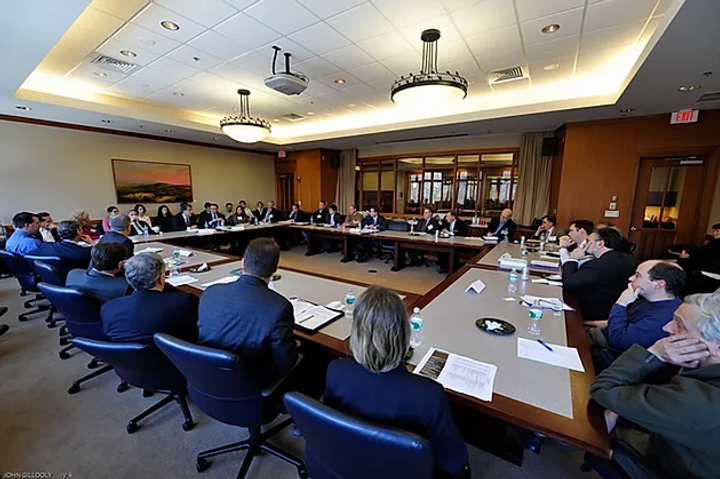
Effective crisis planning should be a major objective for all governments and organisations. Unfortunately it currently exists as a secondary thought, an oversight that may prove disastrous as crises become increasingly transferable in an interconnected world.
The crises of today are proving to be increasingly transnational in nature. Crises that occur in one country can be rapidly transferred to other regions in this ‘at risk world society’. This interconnectedness, created by air travel, electronic communications (e.g. Social media and the World Wide Web) and the international transportation of goods, exposes nations to risks traditionally contained by geographic boundaries. China’s SARS outbreak in 2002-2003, Avian Influenza, Bovine Influenza, Foot and Mouth disease in the United Kingdom in 2000, and transnational terrorism all exemplify these modern and mobile threats. As a result, contingency and crisis planning has become a crucial issue for public authorities, and one that includes prerequisites for the continued improvement of all local and national governmental authorities’ disaster responses. Recently, there has been a movement towards putting disaster planning at the forefront of government priorities rather than it being a secondary concern. The trauma of 9/11 alerted the world to the necessity of continued crisis readiness, and highlighted the fact that certain precautions are required to prevent and contain crises in a world full of organizational and societal vulnerabilities.
In fact, the most competitive organizations are those whose “crisis preparedness is embedded in organizational culture and practices, rather than being an ‘add on’ (Drennan, 2015:117).” But, I am quite skeptical of the argument that crises are effectively prepared for within organizations. Academically, there are four manifest differences between the ideals of crisis planning and its practical realities. Firstly, crisis itself implies a high probability of occurrence, but in reality, crisis planning currently remains a secondary thought for most organisations. Secondly, it should be obvious that planning is a critical step in being crisis ready, but uncertainty and the general disorder of crisis prevent this from being done effectively in advance. Thirdly, for effectiveness especially, crisis planning should be considered as an integrated approach, but it currently exists in an environment of institutional fragmentation. Lastly, though active planning and pre-simulations are required on a regular basis, they are currently seen as symbolic, and attributed all the respect of a common fire drill.
Considering the limitations above, I am dubious as to whether crisis responses could be implemented well in real time as practiced if a crisis does in fact occur. One major obstacle faced is effectively detecting crises in advance. In order to execute any crisis action plan, precise risk detection must be accompanied by the swift execution of crisis contingencies as a first phase response. In today’s world, most nations’ intelligence agencies are well equipped with relevant action plans and crisis pre-detection systems. If this is the case, then why do the most advanced intelligence networks fail in preventing crises such as terror attacks from continually occurring in their jurisdictions? Some scholars find the reason for the failures of risk detection in the psychological dimensions of ‘sensemaking’ – that is cognitive blinders and the perversity of intelligent design are hindering early detection. This is not only an individuals’ problem, but also applies to entire organisations. Effective crisis planning may be possible, although it is currently hindered by the lack of detection methods available to policy makers today.
Crises are not altogether avoided with organisational planning. Natural crises are inherently hard to predict, chaotic, and threatening. However, a high quality of crisis preparedness is not impossible, but they continue to prove difficult for government policy makers. All failures aside, even the level of crisis planning that is currently being implemented has already helped to save lives, and without it many crises would have ended much worse.
By Bora Kang | ed. Joel Lindsay